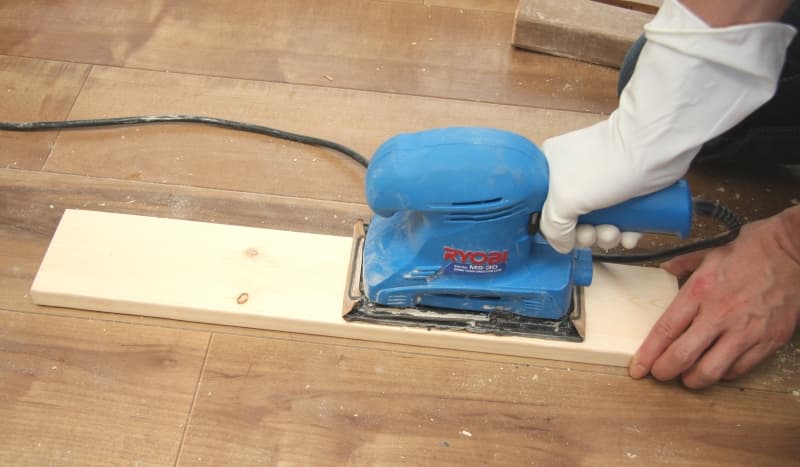Home Renovation Tips

How much will it cost? How long will it take? Between the large expense and the excitement of anticipating your finished home renovation project, it’s hard not to feel a little apprehensive. Knowing what to expect can help allay your fears and make you better prepared for what’s to come.
Here are seven home renovation tips on how to get you moving.
Start By Decluttering
Before you call your first trades person, make life easier by hiring a skip and get ruthless on your clutter. After all, it’s likely to be taking up space and making things look untidy, which are probably two reasons why you’re renovating in the first place.
Call In The Professionals
Do you really know what secrets lurk behind your wallpaper? Is there a crack in the ceiling that you’re sure wasn’t there last winter? As you cast your eye around your home, you’ll notice things that bother you. Instead of fretting, get the experts in.
Roofers, electricians, builders, and damp experts will offer free or reasonable estimates, and give you a good idea of what you’re contending with. Make sure you get plenty of estimates, even if you’re impressed by the first one.
Start Small
If this is your first time renovating, don’t start with a spiral staircase to a turret that doesn’t exist. Kitchen and bathroom makeovers are great to begin with, and the finished product will give you the confidence to tackle bigger projects. You’ll also get some practice at working with tradespeople, and managing a budget.
Budget Properly
Chances are you’ve met someone who’s renovated and been staggered by the budget blowout. Avoid this by costing everything out, setting a budget and adding 15% to the total cost as contingency.
One trick is to start with a small pool of cash for items such as carpets and wallpaper. From there, you can always factor in a small remortgage for larger improvements.
Hire A Project Manager
Project managers can save your renovation. They’ll liaise with tradespeople, ensure all work is done to specification and advise on the renovation as it progresses. You’ll thank yourself for hiring one when you hit a snag.
Formalise Your Agreements
Once you hire a project manager, make sure you formalise your relationship. The Joint Contract Tribunal (JCT) has a contract template to help. This contract covers payment terms, working hours, insurance and guarantees. It also deals with how to make changes to the work required, how to deal with builders who request more time to complete a project and dispute resolution.
Don’t hire anyone who refuses to sign a JCT contract and remember to be precise when detailing the work you want completed.
Expect The Unexpected
Snow falls, people get sick and sometimes products and equipment ordered from the factory take 10 weeks to arrive instead of six. You and your contractor will likely be working from a schedule that assumes the world is a perfect place. It’s not, and knowing that will allow you to be more resilient if everything does not go according to plan.
Taking this advice on board will help you cope with living in a property that resembles a bomb site when the work is taking place. With preparation, a budget, a very large skip and the right team behind you, your dream home is right around the corner.
You Might Like
How To Get Cheap Home Insurance
Having adequate home insurance is pretty essential but how can you reduce your premiums? Here we offer some top tips on saving money on your home insurance.Budget Ski Holidays
Budget ski holidays are a great way of booking a skiing break and saving money at the same timeImmunisations-The First Year
If you are confused about what your baby should be immunised against in the first year check out our guide to the schedule.Good Budget Hotel
Finding a good budget hotel is a great way to save you money on your next hotel stayStart A Herb Garden
Herb gardens guide. How to start your own herb garden and maintain it all year round.
Useful Websites
- B&Q DIY
For all your diy needs for the garden and the home. Get ideas and advice as well as great products to improve your home and garden. - Truss Loft
The UK's leading trussed rafter loft conversion company - Wickes DIY
One of the UK's largest retailers of DIY products and building supplies for tradesmen and home improvement enthusiasts. From electric fittings to tools, get it all online. - Quotation Check
Quotation Check is the United Kingdom's comprehensive guide to building costs. - Cutwrights Ltd
Cutwrights MDF & Board Cutting & Drilling, use the latest in automated machinery, we deliver the Ultimate Cutting, Edging and Drilling Service, across a huge range of boards and finishes. - Parker Tools
Online DIY Store and Tool Shop offering Power Tool, Hand Tool and Garden Tool equipment, plus many other Tool Products for trade professionals and DIY Tool users. - Add Your Website Here